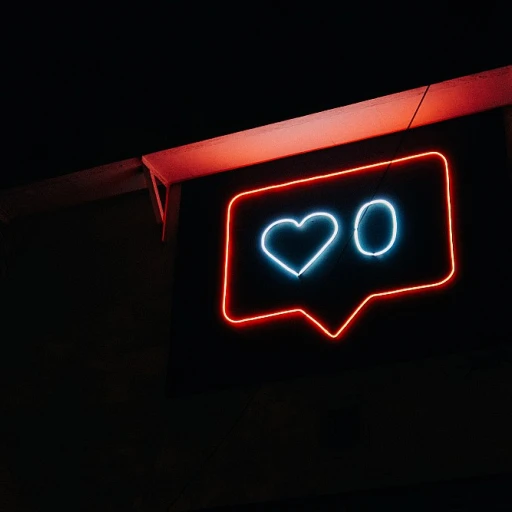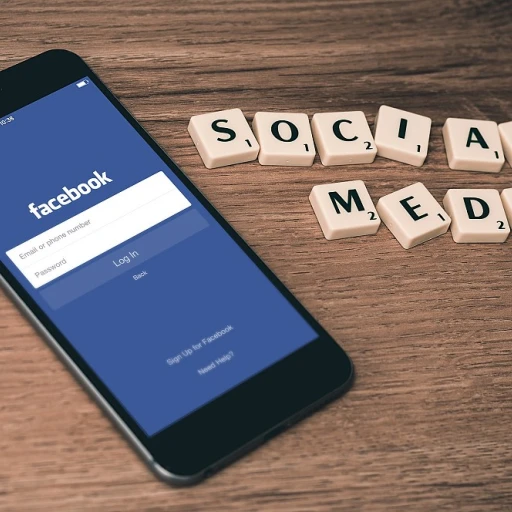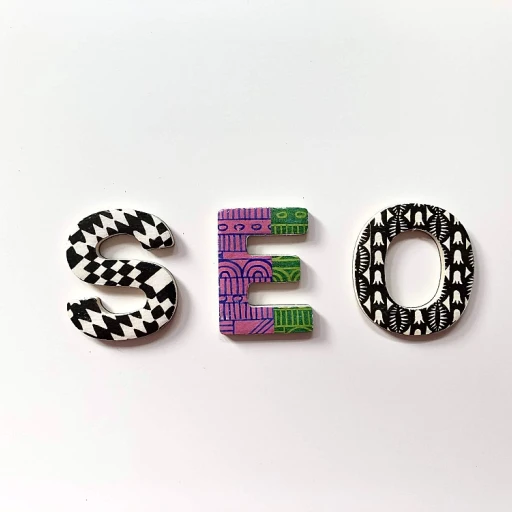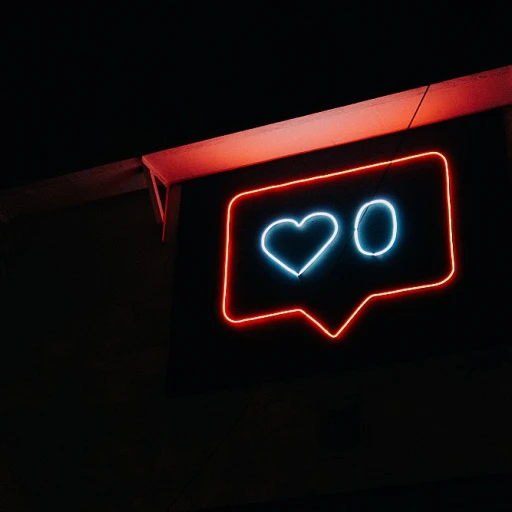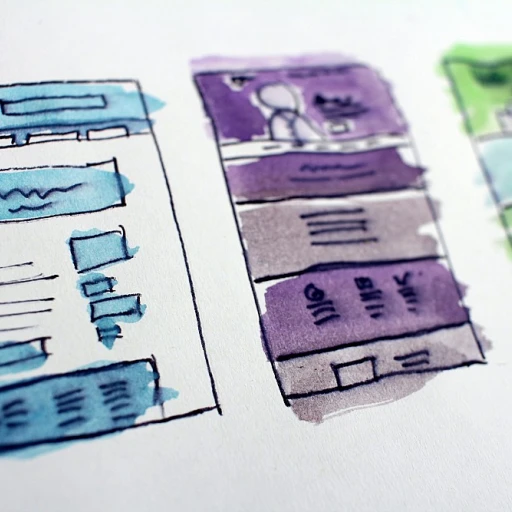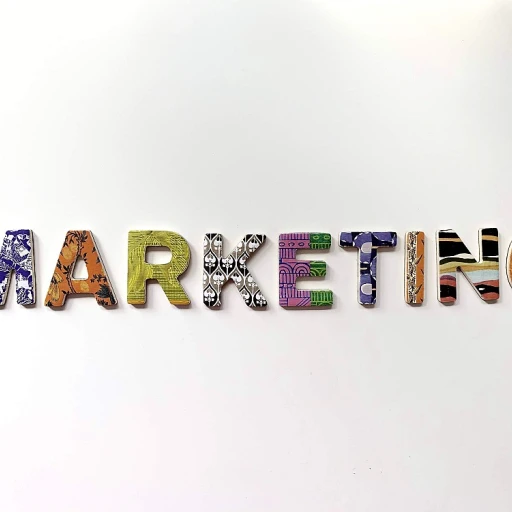
The Role of AI in SEO
Integrating AI into the SEO Landscape
Artificial Intelligence (AI) is reshaping the search engine optimization (SEO) landscape in profound ways, empowering brands to enhance their digital marketing strategies. To comprehend the far-reaching impact of AI, it's important to understand how it integrates with both traditional and modern SEO practices. At its core, AI automates and optimizes processes by utilizing data analysis, machine learning, and predictive modeling.
Moreover, AI is instrumental in analyzing vast amounts of data to understand user behavior and predict engagement. With AI's ability to process and draw insights from large sets of social media and web content, brands can identify key trends and tailor their influencer marketing campaigns accordingly. Determining the ideal influencer rates, followers' demographics, and engagement levels becomes more streamlined, benefiting marketing agencies and brands alike.
In this competitive era, the collaboration of AI with influencer marketing provides a data-driven approach to target audiences effectively. Recognizing micro influencers and leveraging their potential is one strategy enabled by AI, allowing marketing agencies to focus on authentic engagement rather than just numbers.
In essence, AI bridges the gap between what influencers offer and the evolving demands of SEO, presenting a more structured way to handle influencer campaigns, manage influencer pricing, and negotiate agent rates. As the industry continues to evolve, AI remains a crucial ally in streamlined strategy development, rate understanding, and the overall value proposition delivered to brand influencers.
Influencer Marketing Basics
Understanding the Dynamics of Influencer Marketing
At its core, influencer marketing leverages individuals with significant social media followings to promote brands, products, or services. This approach capitalizes on the influencer's content to reach a target audience effectively, engaging potential customers through authentic and relatable messages. The wide-reaching potential of influencers can be harnessed for a variety of marketing campaigns, where brands, marketing agencies, and influencers closely collaborate to achieve mutual goals.
In recent years, the dynamics of influencer marketing have evolved. What was once dominated by mega-celebrities has now opened up to mid-tier and micro influencers. These smaller influencers often boast a highly engaged audience, making them particularly attractive for brands aiming to foster genuine connections without the high costs associated with top-tier influencers. Understanding influencer costs—whether in terms of influencer rates, fees charged by marketing agencies or setting appropriate pricing—is crucial for aligning campaign budgets.
The Role of Agents in Influencer Marketing
Influencer agents and agencies play critical roles in shaping influencer marketing. Agents act as intermediaries between influencers and brands, negotiating terms to ensure beneficial agreements. The involvement of an influencer agent can affect pricing and engagement strategies significantly, determining what's feasible for a campaign. Influencer management thus becomes an essential component, helping navigate the often complex landscape of social media marketing.
Effective content creation and adaptation to brand-specific requirements are also pivotal. Whether originating from a marketing agency or produced by the influencer themselves, content must resonate with the intended target audience to drive successful marketing campaigns. This often involves negotiating influencer content parameters, understanding influencer followers' preferences, and aligning posts with broader brand objectives.
Defining Agent Rates
Unpacking Agent Rate Structures in Influencer Marketing
Understanding the cost involved in influencer marketing can be complex due to the various factors that play a role in determining influencer agent rates. Let's dive into the dynamics that typically shape these rates and explore how they influence decisions made by marketing agencies and brands.
In the realm of influencer marketing, the cost structure is diverse and influenced by factors such as the influencer's reach, engagement rates, and the type of content they create. Generally, influencers with a larger follower base or specialized expertise tend to command higher fees. This is because their capacity to reach and engage a broader audience is significantly higher, offering brands better exposure through campaigns.
Marketing agencies play a critical role in negotiating these rates on behalf of brands. They consider metrics like the influencer's alignment with the brand's values, the expected engagement rate, and the influencer's past performance. For instance, an influencer's ability to authentically represent a brand and attract the attention of their target audience is highly valued. This often translates to a premium in influencer pricing.
Moreover, agencies need to evaluate the cost-efficiency of their campaigns. They consider whether a long-term partnership offers more value than a one-off post. Such decisions are crucial in optimizing the overall budget and achieving the desired impact. Micro influencers, with their niche audiences and often higher engagement rates, are sometimes more cost-effective and offer a better return on investment compared to bigger influencers.
Influencer management doesn't end at negotiating rates. Agencies also monitor the performance of influencer content across social media platforms to decide on future collaborations. Understanding what type of posts resonate best with the audience can significantly affect future pricing and negotiations.
As the influencer marketing landscape continues to evolve, marketing agencies are increasingly looking to leverage tools and strategies that can provide a more precise measurement of cost-effectiveness and impact. With AI innovations paving the way in SEO and digital marketing, it's anticipated that defining and optimizing agent rates will see significant advancements, benefiting both brands and influencers alike.
AI's Impact on Agent Rate Negotiations
Artificial Intelligence's Influence on Agent Negotiations
In the evolving landscape of influencer marketing, artificial intelligence is reshaping how agent negotiations are conducted, especially when it comes to setting influencer rates. Agencies and brands are increasingly turning to AI-driven tools to facilitate smoother, more precise negotiations. AI brings a data-driven approach to influencer marketing, allowing for better analysis of metrics like engagement rates, influencer followers, and the effectiveness of previous campaigns. By leveraging these insights, marketing agencies can make more informed decisions about influencer pricing and agent expectations. The result is a more aligned negotiation process, where both parties—the influencer and the brand—can agree on terms that reflect true value. For example, with AI, brands can analyze an influencer's social media presence, taking into account the quality of influencer content, the demographics of the influencer's followers, and the type of engagement their posts receive. This leads to a deeper understanding of what each influencer brings to the table, and consequently, what their associated cost should be. Such insights are crucial not only for negotiating short-term campaigns but also for establishing long-term partnerships. Furthermore, AI-powered analytics tools offer real-time data that agencies can use during negotiations. This helps in adjusting influencer rates on-the-fly based on current market trends and campaign needs. Micro influencers with high engagement rates and targeted audiences might achieve more favorable pricing terms by proving their worth through data that AI compiles. AI also benefits influencers. When armed with AI insights, influencers are better positioned to present their case, showcasing the true value of their reach, engagement, and content quality. This transparency ensures that both influencers and brands embark on collaborations with clear, data-backed expectations, reducing unnecessary friction in agent negotiations. In conclusion, AI is not just a tool for optimizing marketing campaigns, but also a formidable ally in the negotiation room. Its ability to process and analyze vast amounts of data leads to a more equitable and swift negotiation process, benefiting influencers, brands, and agencies alike.Optimizing SEO with AI in Influencer Marketing
Enhancing SEO through AI in Influencer Marketing
With advancements in artificial intelligence, the landscape of influencer marketing is transforming. When integrated effectively, AI can significantly enhance search engine optimization (SEO). This in turn benefits both influencers and the brands they collaborate with. The use of AI in optimizing influencer content allows for precise targeting of the intended audience. By analyzing data patterns, AI can determine which types of content engage followers most. This ensures that influencers’ posts reach the right people, maximizing engagement rates. These insights are invaluable for marketing agencies managing multiple campaigns. Understanding influencer pricing and the associated agent rates is vital for agencies developing long-term relationships with influencers. AI streamlines the process of negotiating fair and competitive rates, which can vary significantly depending on whether you are dealing with micro influencers or those with a larger follower base. Furthermore, AI tools can automate the process of identifying the right combination of influencers for a campaign, taking into account factors like past performance, follower demographics, and cost influencer metrics. This reduces the time spent on manual research and helps brands achieve better ROI on their media influencer campaigns. Beyond simply choosing which influencers to work with, AI plays a critical role in content planning. By predicting trends and identifying what influencer content will likely perform well, brands can make informed decisions that positively impact their SEO strategies. While influencer marketing holds huge potential, it is essential for marketing agencies to stay informed about AI innovations. Keeping up with these developments ensures campaigns are optimized for higher visibility on search engines, resulting in more successful brand influencer partnerships.Future Trends in AI and Influencer Marketing
Emerging Trends in AI-Driven Influencer Marketing
As we look towards the future, the integration of artificial intelligence in influencer marketing is set to revolutionize how brands and agencies approach their campaigns. AI is not just enhancing search engine optimization but is also reshaping how influencer marketing strategies are developed and executed.
One of the key trends is the use of AI to better understand and segment the target audience. By analyzing social media data, AI can help brands identify the most effective influencers for their campaigns based on influencer followers' demographics and engagement patterns. This ensures that marketing campaigns are more targeted and efficient, leading to better ROI.
AI is also playing a crucial role in influencer content creation. With AI tools, brands can generate content ideas that resonate with their audience, ensuring that the influencer content is both engaging and relevant. This is particularly beneficial for micro influencers and mid-tier influencers who may not have the resources of larger influencers but can still deliver impactful content.
Moreover, AI is transforming influencer pricing and agent rate negotiations. By analyzing past campaigns and influencer rates, AI can provide insights into fair pricing models, helping both brands and influencers reach agreements that reflect true market value. This transparency in influencer pricing can lead to more sustainable long-term partnerships.
Finally, AI is enhancing the measurement of campaign success. By providing real-time analytics on engagement, reach, and conversion rates, AI allows brands and marketing agencies to adjust their strategies on the fly, ensuring that their campaigns remain effective and aligned with their goals.
In conclusion, the future of influencer marketing is bright with AI at the helm. As brands and agencies continue to harness the power of AI, they will be better equipped to navigate the ever-evolving landscape of social media marketing, ensuring that their campaigns are not only successful but also cost-effective.


